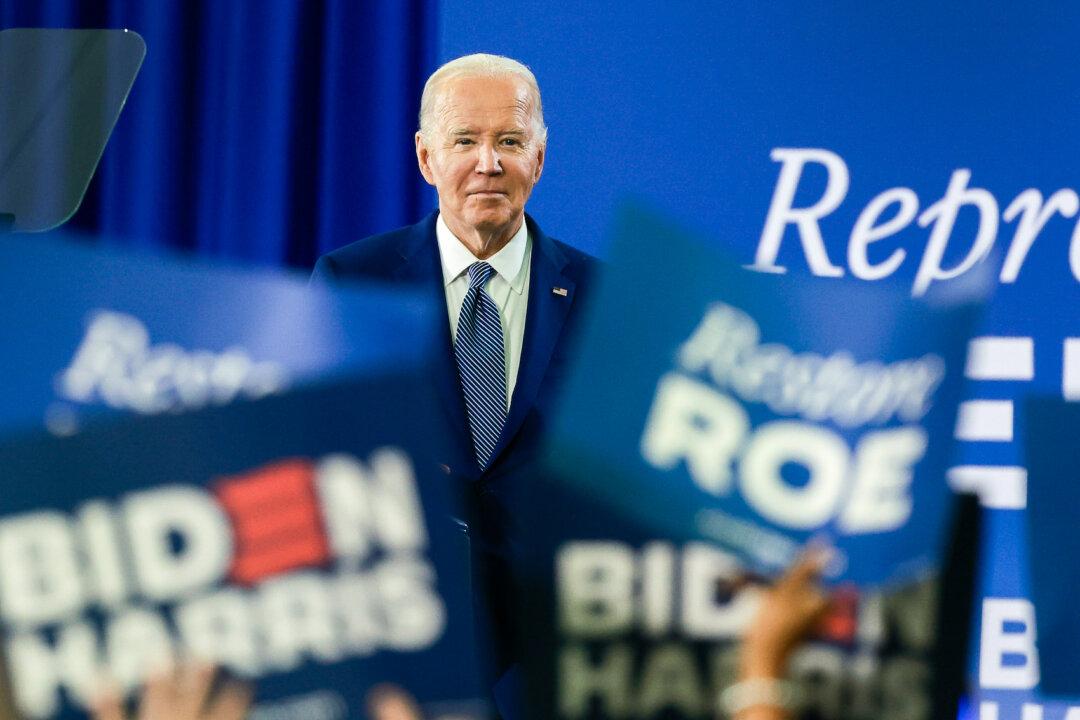Pro-Palestinian protests are sweeping across U.S. college campuses, posing a fresh political challenge for President Joe Biden amid growing anti-Semitic incidents.
At Columbia University, the epicenter of recent protests, students have persisted in their anti-Israel encampment for the past two weeks, occupying a large portion of the lawn that stretches between the institution’s two iconic buildings, Butler Library and Low Memorial Library.





